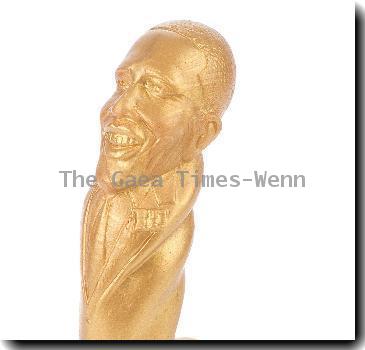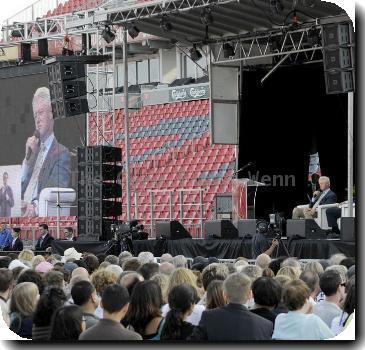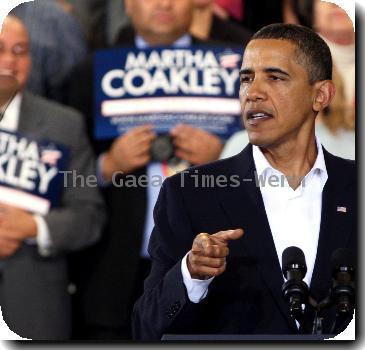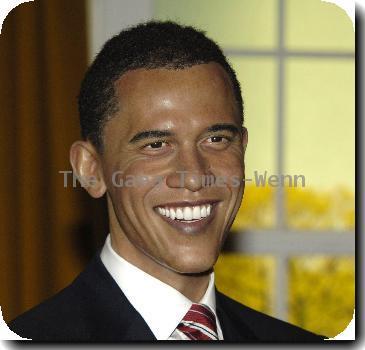Supreme Court nominee Kagan known for being both open and abrasive as dean of Harvard Law
By Denise Lavoie, APThursday, May 20, 2010
Kagan known for openness, assertiveness at Harvard
BOSTON — Elena Kagan, President Barack Obama’s pick for the Supreme Court, gets high marks as a peacemaker for the fractious faculty of Harvard Law School while she was dean. But even her supporters here say she also has a temper.
Professor Charles Fried, while calling Kagan “masterful” for her ability to work well with the diverse faculty at Harvard, recalled how she once blew up at him after some students said there were pages missing from a constitutional law exam.
Fried said he sent an e-mail to students explaining a resolution he thought had been approved. But, in fact, Kagan had worked out a different resolution.
“She came steaming into my office and said, ‘Why have you done that? It’s a confusing situation and you’ve made it worse.’ She screamed and shouted at me and slammed the door and stormed out,” Fried said.
“Two minutes later, she came back and said, ‘I’m sorry I shouted.’ I said, ‘Elena, don’t apologize, you were right.’ ”
“She was dynamic, aggressive, sometimes abrasive,” said Detlev Vagts, a professor who clashed with Kagan over the appointment of Jack Goldsmith, a former assistant attorney general in the Bush administration. “There was quite a turnover of her top management group when she was named dean,” he said.
Critics initially balked at Goldsmith’s appointment, questioning whether he had helped write memos authorizing the use of harsh interrogation techniques on suspected terrorists. In a book published in 2007, Goldsmith said he had rescinded two memos — written by attorneys who previously ran the Office of Legal Counsel — that gave the military and the CIA broad latitude in interrogating prisoners.
Kagan was able to win strong support for Goldsmith and the faculty easily approved his appointment.
In a conference call organized by the White House this week, John Podesta, the former White House Chief under President Bill Clinton, said Kagan showed some of the same traits when she was on the president’s staff as counsel and domestic policy adviser in the mid to late 1990s. Clinton “wanted strong people around him to say, ‘Jeez, boss, I think you don’t have this one right’,” Podesta said.
Kagan fit that bill, he said. “She has the personality that would be up in my face or up in Larry Summers’ face, or up in Bill Clinton’s face if she thought we were off the law or off what made sense.”
At Harvard, Vagts said Kagan, 50, was “dismissive” of him when he tried to express his concern over Goldsmith’s appointment and later when he objected to Kagan’s plan to group retiring professors near one another in a set of offices.
“I thought she was a little ruthless in pushing the retiring people offstage,” he said.
Vagts also said Kagan had a reputation among some for raising her voice during contentious meetings.
“There were some pretty noisy interviews with those people on her staff,” he said.
But many former colleagues say Kagan had a warm, open-door management style and always welcomed other points of view.
“I was a frequent dissenter and I was never silenced,” said professor Alan Dershowitz.
“To the faculty, she was as fair as anybody could be. She brought in faculty members from very diverse points of view. You couldn’t tell what point of view she was coming from,” Dershowitz added.
Kagan’s supporters at Harvard say she ruffled feathers because of the high standards she set for herself and the law school. During her tenure as dean, she oversaw the first major curriculum reform in more than a century and made more than 40 teaching appointments, bringing in conservative professors such as Goldsmith and easing tension on a faculty that had been perceived as largely liberal.
They also cite her efforts to make Harvard a more welcoming place, providing free coffee for students and faculty, setting up an ice-skating rink and creating places where students and professors could naturally mingle.
Fried said Kagan went out of her way to laud the work of faculty members. He recalled that Kagan put on a dinner and conference for him after he published a book.
“She recognized people’s accomplishments in a big way,” Fried said. “That was such a large part of her management style. It was not pro forma. It was sincere.”
Dershowitz said Kagan had “near universal support” from the faculty. “It was a golden age when she was the dean. It was a very good time for the faculty, a very good time for the students.”
Tags: Barack Obama, Bill Clinton, Boston, Harvard, Higher Education, Judicial Appointments And Nominations, Massachusetts, North America, United States



